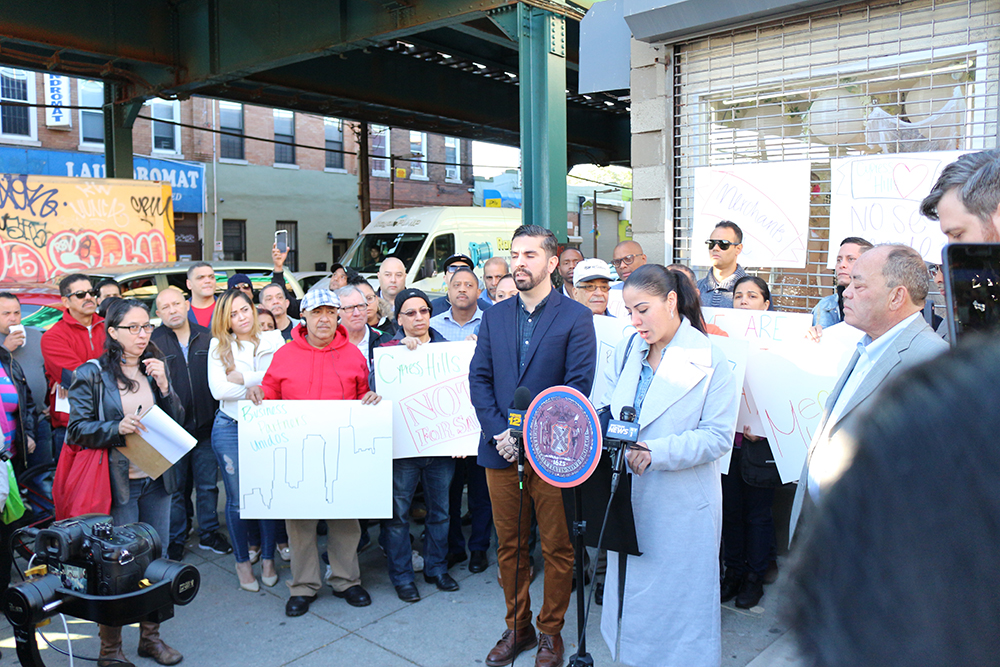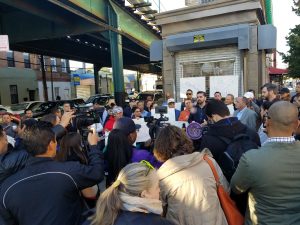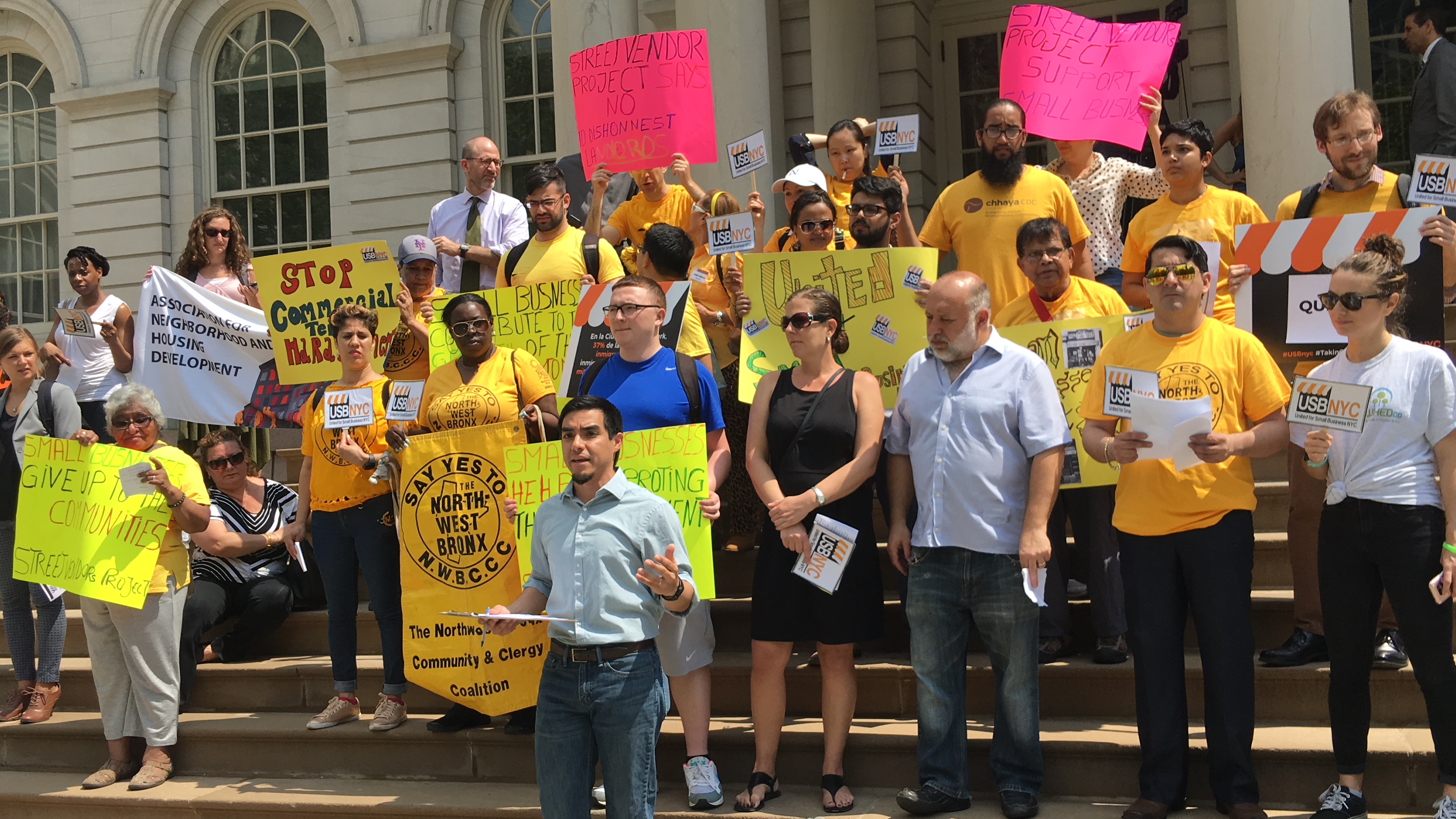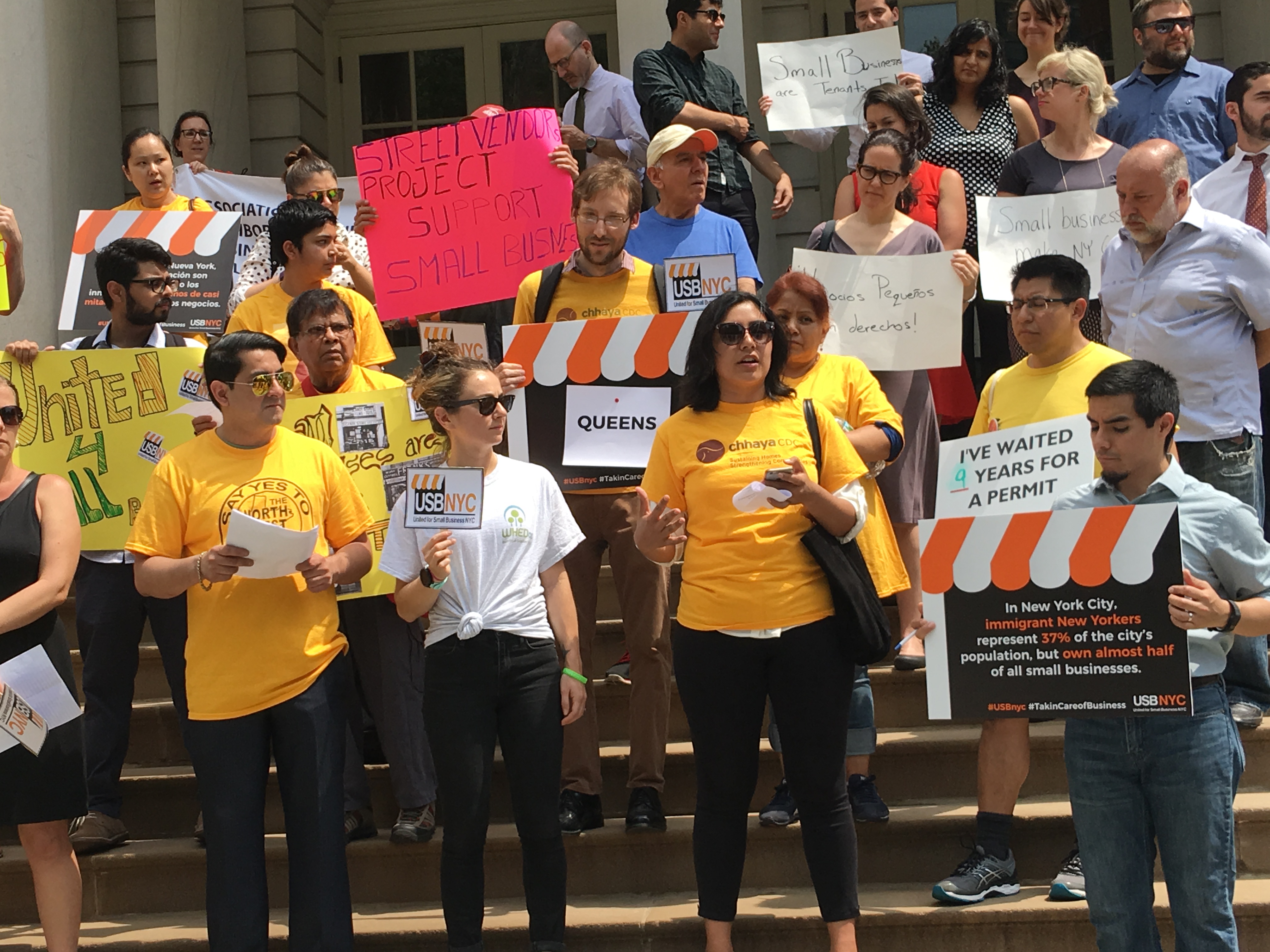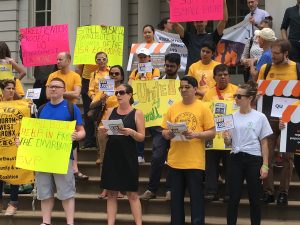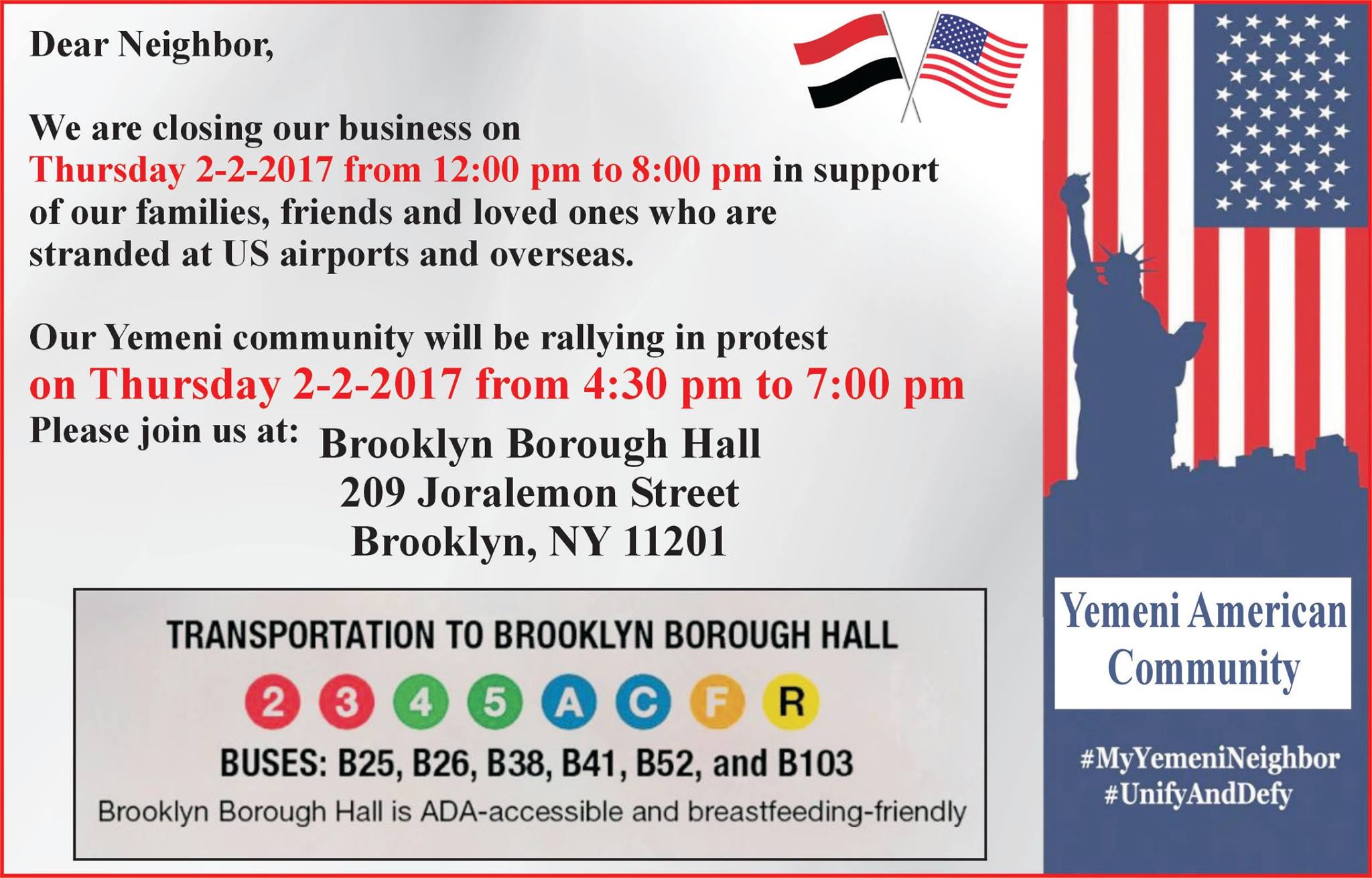Taking Care of Business: Understanding Commercial Displacement in New York City
New York City’s small businesses are in the midst of a displacement crisis. As stores shutter and communities lose long-time institutions, the mechanisms and realities of this crisis are left under-examined. The Association for Neighborhood & Housing Development (ANHD) analyzed the economic vitality of small businesses across the city, neighborhood-by-neighborhood.
In our 2017 report, Taking Care of Business: Understanding Commercial Displacement in New York City, we focus on New York’s small businesses, which ANHD defines as firms with 20 or fewer employees. The analysis examines the small business landscape in New York City, neighborhood-by-neighborhood. Our hope is that this information helps spark more informed and in-depth conversations among community groups and policy makers to develop effective strategies to serve and support New York City’s small businesses.
KEY FINDINGS
Overall, New York City saw a 2% rise in total business creation over the past five years. This means that there were slightly more businesses in the City in 2016 than there were in 2011. While the percentage of businesses in New York grew over the course of five years, net change varied widely by neighborhood.
Manhattan as a whole experienced the most decline in total business, with every neighborhood except Chelsea and Central Harlem experiencing a net loss in businesses. Queens and Staten Island saw the most net growth, with a 4% and 5% rise in businesses overall, while total businesses in Brooklyn and the Bronx grew by a smaller 1% and 2%, respectively. While the outer boroughs all saw a net increase in businesses, Manhattan experienced a 2% net loss, with the greatest decrease in businesses concentrated in Stuy Town and in the Upper East Side. As New York’s neighborhoods change, the City needs to ensure that long-standing businesses have the necessary support and opportunity to survive and thrive.
Manhattan is still home to the largest concentration of businesses in the City, with 44.4% of all of New York businesses located in the borough. Brooklyn follows with 23.8% of businesses and Queens follows close behind with 20.5% as home to all New York firms. The Bronx and Staten Island lag much further behind, home to only 7.5% and 3.9% of all of New York City’s businesses.
Tracking changes in businesses by neighborhood is crucial, especially changes in small businesses, since 26% of all jobs in New York City are at firms with 20 or fewer employees. In immigrant and majority people of color neighborhoods, employment in small businesses tends to be much higher.
Businesses in the outer boroughs still receive much fewer small business loans, at half the rate of Manhattan businesses, which received an average of 2,783 loans. Bronx businesses received the fewest loans at an average of 439 loans across the borough, while Brooklyn, Queens, and Staten Island fared better with a respective borough-wide average of 1,742, 1,509, and 1,454 businesses receiving loans. Outside of the Bronx, Brownsville and East Harlem similarly received among the fewest loans citywide, at 260 and 635 respectively — much lower than the citywide average of 1,623 loans. This pattern suggests that communities of color, in particular communities in the Bronx and upper Manhattan, are losing access to localized economic development and opportunity. The lack of small business financing in these neighborhoods means a lack of small business jobs, which are sorely needed in communities with among the highest rates of unemployment in the city. Small business loans must be made accessible to all of New York’s communities — not just it’s wealthiest.
The displacement of neighborhood institutions not only threatens New York’s identity, but also eliminates jobs, community spaces, and affordable resources in low- and moderate-income communities of color. As the city’s small businesses disappear at an alarming rate, it is vital to implement robust protections to ensure their survival, and in turn ensure the vitality and vibrancy of New York’s neighborhoods.
Click here to download our full report.
Click here to download your copy of the Understanding Commercial Displacement in New York City 2017 Chart.
Lena Afridi, ANHD’s Policy Coordinator for Equitable Economic Development
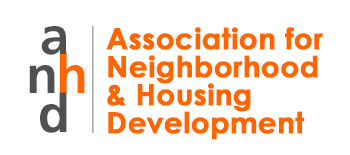 ANHD 2016 Building the Community Development Movement
ANHD 2016 Building the Community Development Movement


